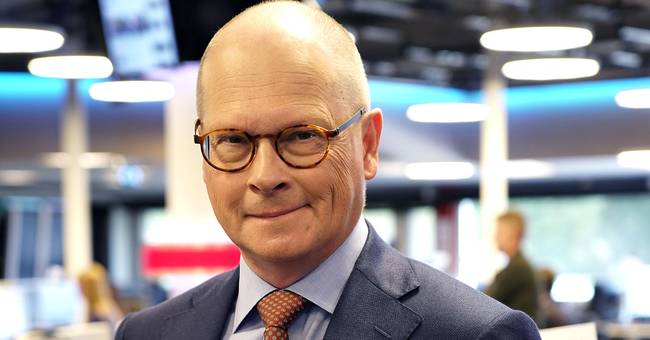In his introductory speech at the national meeting in Linköping, Nyamko Sabuni appealed for a clear mandate to be able to cooperate with the Sweden Democrats in a bourgeois government.
This is a still very controversial issue in the party and recently old People's Party members have been queuing up to express their anger over this choice of path.
In fact, the Liberals already in the spring at their party council made a decision to be able to cooperate with the Sweden Democrats.
But the disagreement has continued to plague the party and several motions to the national assembly are about either tearing up this decision or pointing out new red lines for such cooperation.
Red lines
The party board thinks that the red lines that the party has already decided on this spring are good enough and does not want further restrictions.
On the other hand, there is also disagreement within the party board over the question of whether the Sweden Democrats, after a possible election victory, should be allowed to have officials in the Government Offices.
The outcome of these decisions could have great significance for the Liberals in the forthcoming election campaign.
And it's a fateful choice for the party.
The Liberals run a significant risk of leaving the Riksdag.
The party leadership hopes that a clear message on the government issue will make it easier for the party to keep a straight line in the election campaign.
There is also hope for tactical votes, something the party may be completely dependent on in next year's election.
Split on SD
Regardless of the outcome, however, it seems to be a matter of survival for the party to put this divisive discussion behind it.
A party that commutes around three percent in opinion polls can hardly cost itself a fundamental disagreement on the government issue, especially not in the parliamentary situation Sweden is in now.
Ultimately, the split is about the relationship with the Sweden Democrats.
A majority in the party wants a government collaboration that includes collaboration with the Sweden Democrats, but a significant minority strongly opposes this.
And it is a minority that gets a lot of space in the media to engage in poaching against the party leadership.
The most difficult question
Perhaps it is naive to think that the Liberals can finally agree on the direction of travel and put these strife behind them.
No other issue has divided the Liberals since the last election as the relationship with the Sweden Democrats.
And it's not really that strange.
The Liberals' ideological basic view means that they often end up on a collision course with the Sweden Democrats on important political issues.
At the same time, for example, the party leadership believes that it is so important to establish a bourgeois government that it would be wrong to refrain from collaborating with the Sweden Democrats.

